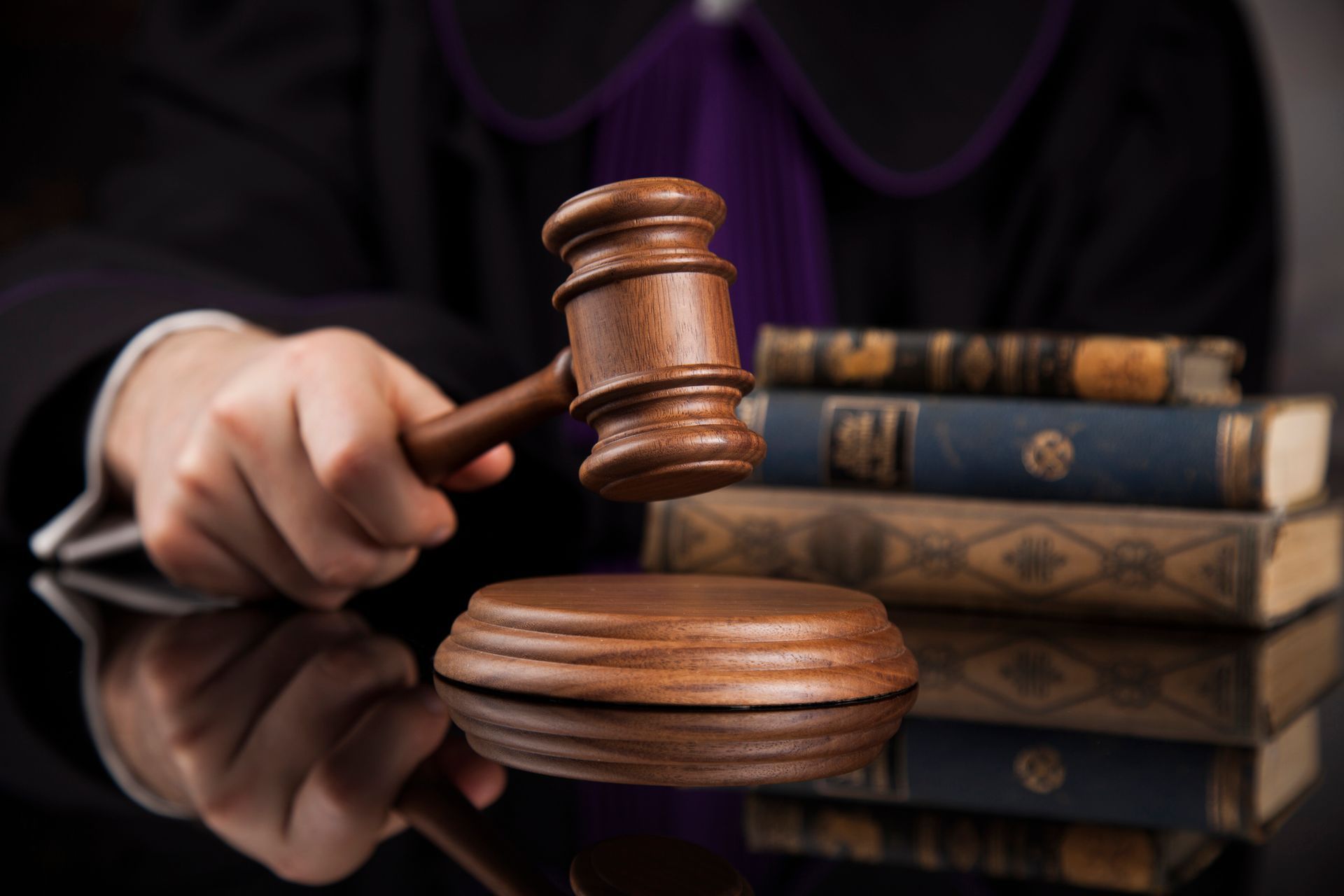Appealing a Wrongful Death Verdict: When and How To Do It

Dealing with the sudden loss of a loved one can be one of the most overwhelming experiences anyone can go through. Nothing can truly bring your loved one back, but when justice is denied, it can feel like a double tragedy.
It can be especially difficult when a wrongful death verdict is handed down and the decision, in your opinion, doesn't adequately address the culpability of the parties involved. You can file an appeal if you believe an error was made during the trial.
But when and how should you do it? Take a closer look and find out how to get justice for your loved one.
When to Appeal a Wrongful Death Verdict
Simply disagreeing with a verdict isn't enough reason to file an appeal. To have a chance at success, there needs to be a valid legal reason for an appeal.
Some common reasons for appealing a wrongful death verdict include:
Suppressed or Withheld Evidence
When evidence relevant to the case is intentionally suppressed or inadvertently withheld, it can significantly tilt the scales of justice. This results in a verdict that does not accurately reflect the true circumstances. Crucial facts that could potentially influence the jury's decision may be left unexplored due to the absence of this evidence.
For example, when a construction worker dies due to faulty equipment, the manufacturer may have suppressed evidence of known defects. This could be grounds for an appeal as the jury was unable to consider this crucial information when deliberating on the case.
Suppressed or withheld evidence undermines the credibility of the trial process and contradicts the purpose of the legal system, which is to ensure fair treatment for all parties involved. You should not have to live with a verdict that doesn't accurately reflect the truth.
Legal or Procedural Errors
Strict rules and procedures must be followed during a trial to ensure fairness and accuracy. When these rules are not followed, it can result in a wrongful death verdict that is unjust.
Some examples of legal or procedural errors include:
- Jury misconduct
- Incorrect jury instructions
- Biased or prejudiced jury selection
Simply making a mistake during the trial does not automatically guarantee a successful appeal. The error must have significantly impacted the verdict in order for an appeal to be successful.
How to Appeal a Wrongful Death Verdict
If you decide to appeal, you should first seek counsel from an experienced appellate attorney. You need someone who thoroughly understands appellate law and the procedures involved.
Remember that the appeals procedures can drastically differ from those in the original trial. The appellate court will only review the trial record, which means that arguments will be presented based on the transcript, documents, and exhibits during the trial.
Your lawyer must also provide the appellate court with new information or facts not present during the original trial. Without new information, or if the issue was improperly preserved or raised during the trial, the appellate court is less likely to overturn the verdict.
Possible Outcomes of an Appeal
When you appeal a wrongful death verdict, there are three possible outcomes—affirm, reverse, or remand.
Affirm means that the appellate court agrees with the verdict, and the lower court's decision is upheld.
Reverse means that the appeals court disagrees with the verdict and may order a new trial or enter an alternate verdict that's more favorable to the appealing party.
Remand means that the appeals court sends the case back to the lower court for further proceedings, such as a retrial, reconsideration, or clarification of a specific issue.
These outcomes are not guaranteed, and the appeals court may take months or even years to reach a decision. But in the end, the goal is to seek justice for the death of your loved one, and an appeal may be the best way to achieve that. Talk to Borbi, Clancy & Patrizi, LLC, to learn more about your legal options and how we can help you through the appeals process to achieve the best outcome possible.
